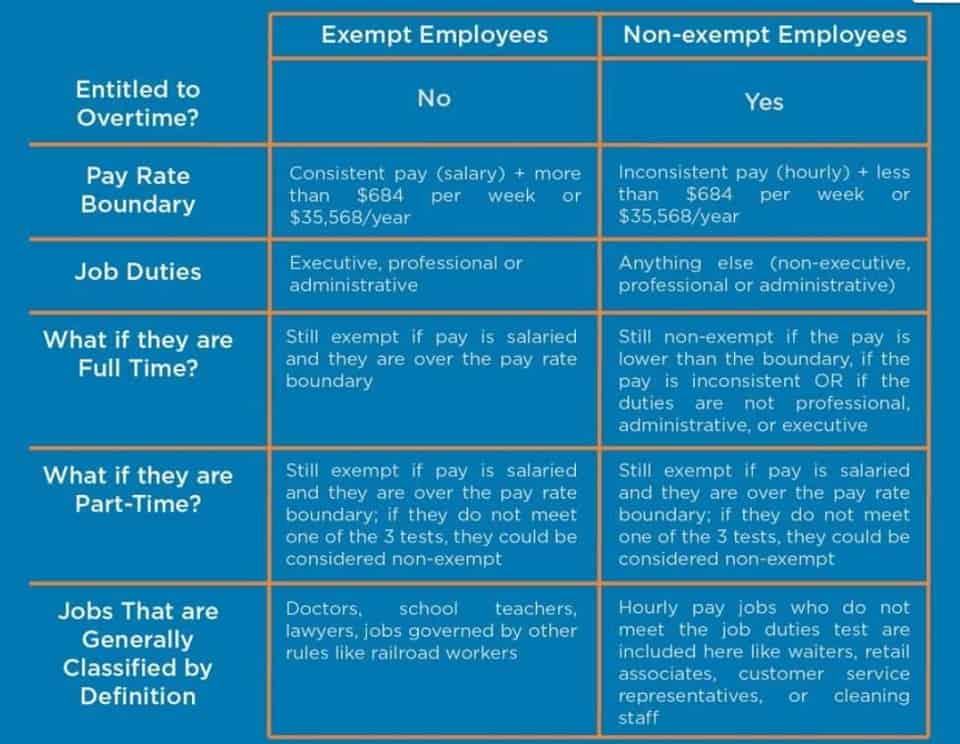
Enrolled agent status is the highest accreditation that can be granted by the IRS and allows special authority over any kind of tax preparation. The privilege of being an EA is granted to those who either pass a three-part thorough IRS test covering individual and company tax forms or have prior experience as an IRS employee. Julia Kagan is a financial/consumer journalist and former senior editor, personal finance, of Investopedia. During tax season, services are offered by both EAs and CPAs, making selection increasingly difficult.
Enrolled agents: Frequently asked questions
In 1884, the Horse Act was signed into law by President Chester Arthur to establish and standardize enrolled agents. Unlike other professional accounting certifications, there are no education or experience requirements you have to meet to become an EA. You aren’t required to have a college degree, and you don’t even to have to meet a minimum experience requirement as a tax preparer. This means you’re free to get started (and reap the rewards) as soon as you want! Since the EA license holds federal recognition, requirements do not vary by state. Current tax preparers and accountants may find themselves well equipped to pass the qualifying exam and become enrolled agents.

Maintain your Enrolled Agent credential
The Horse Act was signed to establish and standardize enrolled agents. EA prepared civil war claims, and residents were represented in interactions with the Treasury Department. Enrolled Agents (EA) are tax professionals licensed by the federal government and can represent taxpayers in front of the Internal Revenue Service (IRS). As for occupational duties, enrolled agents are empowered to represent American taxpayers before the IRS on matters such as collections, tax appeals, audits, and any other tax issues. As you study with Surgent EA Review, study materials will be tailored to you and presented in a logical way to help you pass the EA exam in the fewest possible hours of study. In addition, Surgent EA Review has a feature called ReadySCORE.
- Both can provide you with the financial advice you may require for your taxes.
- The “I’m not leaving” meme has been used plenty of times in the decade-plus since “The Wolf of Wall Street” was released in 2013.
- More than anything, all parties crave stability during free agency.
- Learn about forming and registering your business online, and how to complete other types of business filings.
- If you live outside of the U.S., international testing is available for the EA exam.
- Thankfully, the renewal process is quick, easy, and inexpensive.
Applying for Enrollment to Practice Before the IRS
Prometric requires an email address, a PTIN, a street address, and a government-issued identification document to open an account. The IRS does not require any specific educational background to become an enrolled agent. Applicants have to pass each section of the three-part exam and undergo a background check. Explore why tax preparers and accountants might consider pursuing the EA credential in this guide.

Pass a suitability check
11 Financial may only transact business in those states in which it is registered, or qualifies for an exemption or exclusion from registration requirements. 11 Financial’s website is limited to the dissemination of general information pertaining https://www.bookstime.com/ to its advisory services, together with access to additional investment-related information, publications, and links. Enrolled agents must complete 72 hours of continuing education every 36 months to maintain their enrollment status with IRS.
What should I bring to the testing center? (reviewed Oct. 19,
CPAs’ duties and professional offerings are broader than an EA’s. An enrolled agent (or EA) is a federally authorized tax specialist that operates to provide advisory services to American taxpayers about matters concerning the Internal Revenue Service (IRS). Achieving “EA” status is considered the highest credential awarded by the IRS and is legally recognized throughout all 50 U.S states. The job varies, but the core of the EA profession is in service to others. EAs may also provide technical assistance to their clients and prepare tax returns for their clients. The following is a detailed overview of the responsibilities and qualifications of an enrolled agent (EA) and additional resources for those interested in becoming one.
- This means you’re free to get started (and reap the rewards) as soon as you want!
- Once you’ve found the right course for you, save on your EA exam prep by using my enrolled agent course discounts.
- For this reason, the tax expertise of enrolled agents is acknowledged at a national level.
- Reviewing the Candidate Information Bulletin is another smart move.
- CPAs are authorized to represent you before the IRS in all circumstances.
- So on average, EAs make about $50,000 after 10 years of experience (it depends on location).
Which EA Review Course Is Right for You?
Our writing and editorial staff are a team of experts holding advanced financial designations and have written for most major financial media publications. Our work has been directly how to become an ea cited by organizations including Entrepreneur, Business Insider, Investopedia, Forbes, CNBC, and many others. Additionally, EAs have a lot of opportunities to earn money.
- In addition, these former employees must have routinely applied and interpreted the requirements of the IRC and the regulations about income, estate, gift, employment, or excise taxes.
- They may also serve as tax advisors, planners, and preparers.
- Most enrolled agents work out of offices in their home states, charging a fee for each return prepared.
- You have to pass a three-part exam administered by the IRS then apply for licensure.
- A minimum of 16 hours must be earned per year, two of which must be on ethics.
- This team of experts helps Finance Strategists maintain the highest level of accuracy and professionalism possible.
- Thanks to their wide services and fiercely competitive prices, your time, money, and resources will be saved while dealing with tax returns and the IRS.
History of Enrolled Agents
Business Filing Services allows you to submit your filings electronically, but your application still requires human review. Submissions are processed in the date they are received unless expedited services are requested. Processing times may vary and are noted on the search page for every filing type. Upon completion, documents submitted online will be returned via the Business Filing Services portal. When it comes to tax preparation, they can also support you in locating tax credits and deductions to reduce your tax bill. Although the variety of services the two categories of professionals provide varies, they are equally equipped to carry out comparable jobs.
Basically, EAs represent both individuals and businesses before the IRS, like attorneys and CPAs, but there are a variety of ways to do so. Dissemination of the information contained on bureau records is a major function of bureau activity. Learn about forming and registering your business online, and how to complete other types of business filings. It really all boils down to what your career aspirations are. If you like accounting work with a microfocus, becoming an EA could be a perfect fit. On the other hand, if you are interested in accounting practices that have nothing to do with taxes (such as auditing), then pursuing the CPA option is the obvious choice.
I previously passed parts of the exam; how long can I carry over those scores? (updated March 1,
Prometric only offers the exam at its testing sites and not through off-site proctors. Applicants do not need to hold a particular degree or meet experience requirements. Injured during a vast majority of the bubble playoffs four years ago, Stamkos scored a memorable goal on his first and only shot of the series in Game 3 of the Stanley Cup Final. It is one of his 50 in the playoffs as a member of the Lightning.



